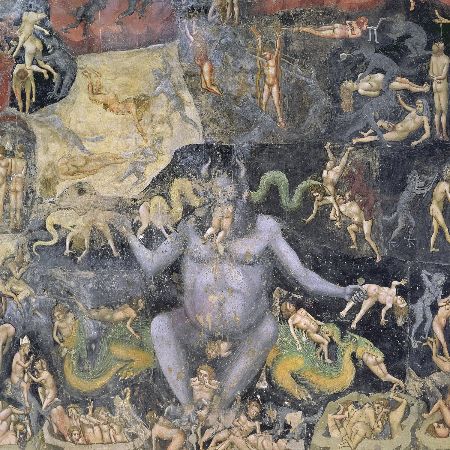We at The Fix decided to put our distinguished heads together to come up with our Top 5 political albums. The albums are in no particular order – feel free to chip in with your own favourite political albums.
As you may notice they are UK-dominated as, well, we’re from the UK. You may also notice that Culture Club’s The War Song is neglected. We do not apologise for this.
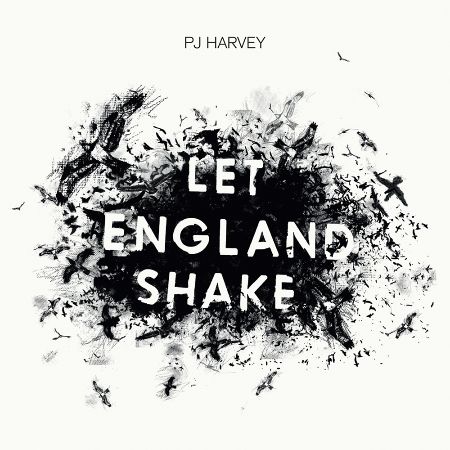
PJ Harvey, ‘Let England Shake’ (2011)
Standout track: “The Words that Maketh Murder”
Harvey won her second Mercury Prize for her brilliant 2011 ‘Let England Shake’. The focal point is war, including lyrics such as “I’ve seen and done things I want to forget; I’ve seen soldiers fall like lumps of meat” and “How is our glorious country ploughed? Not by iron ploughs; Our land is ploughed by tanks and feet”. Harvey is at her creative peak, combining off-beat rhythms, honking brass and repeated stanzas to generate a truly memorable piece of work. Played live, the album was a piece of haunting beauty and cemented Harvey as one of the finest artists the UK has ever produced. (Conal Dougan)
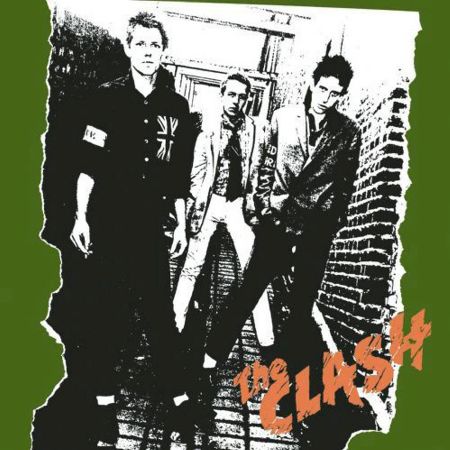
The Clash, ‘The Clash’ (1977)
Standout track: “Career Opportunities”
Far more anthemic than the somewhat bloated ‘Sandinista!’, and with a sharper political edge than their masterpiece ‘London Calling’, The Clash’s self titled debut still stands as perhaps the UK’s torch bearer for blending politics and music.
Simply put, The Clash wrote about what they knew: clashes with police, clashes between black and white, clashes with each other. Whether it’s with the Stooges-like burst that is ‘White Riot’, inciting activism in Britain’s disaffected white youth, or the living off the dole narrative of ‘Career Opportunities’, The Clash taught a generation of listeners about what was going on in the world and why they should care. (Kevin McGough)
Steve Mason, ‘Monkey Minds in the Devil’s Time’ (2013)
Standout track: “Fight Them Back”
The superb 2013 release from former Beta Band frontman Steve Mason utilises post-New Labour cynicism an anarchic viewpoint to demonstrate his distrust of the political system. Riffs and baselines submerge and reappear across the album, while genres and sounds collide with each other. There is a rap about the 2013 London riots following the police shooting of Mark Duggan and a deeply unsettling clip of Tony Blair describing Libya as a potential ‘goldmine’. The musical integrity is very strong, and the sentiment acutely felt. A must-listen for fans of British songwriting. (Conal Dougan)
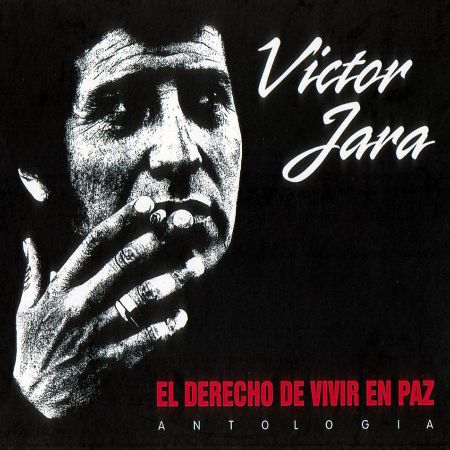
Victor Jara, ‘El Derecho de Vivir en Paz’ (1973)
Standout track: “El Derecho de Vivir en Paz”
Víctor Jara may be more commonly known from The Clash song that poignantly notes his name (“Washington Bullets”) but in his native South America he was and continues to be a counter-culture icon.
Brutally tortured and executed by General Pinochet’s US-backed military junta in Chile, 1973, his fifth record, ‘El Derecho de Vivir en Paz’, or ‘The Right to Live in Peace’ was his ‘turning electric’ moment when he added Rock and roll to his more acoustic traditional folk sound.
Like Dylan before him Jara appreciated the music of groups like The Beatles and wanted to push his music to new territories, but if anyone had any worries that Víctor was “selling out” to American pop a listen to even just the title track with its strong anti-imperialist, anti-capitalist sympathies would reassure them that he remained a spokesperson for the fringe elements of Chilean and South American society. (Kevin McGough)
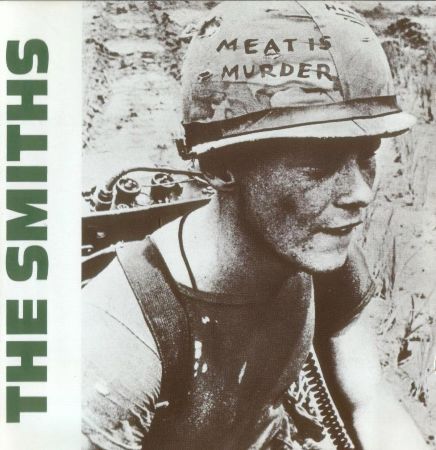
The Smiths, ‘Meat is Murder’, 1985
Standout track: “Rusholme Ruffians”
Dissatisfied with production struggles that left their self-titled debut album sounding rather flat, The Smiths delivered with this fine follow up; the most political of their four studio albums. Morrissey was on delightfully subversive form as his lyrical swipes at corporal punishment on ‘The Headmaster Ritual’ and child abuse on ‘Barbarism Begins At Home,’ provided darkly humorous shade atop the exquisite jangle of Johnny Marr’s shimmering guitar work. There’s playful anti-monarchism in ‘Nowhere Fast’ (“I’d like to drop my trousers for the Queen”) and the title track, with its bovine yelps and simulated sounds of the abattoir, is the musical manifestation of Morrissey’s much-publicised militant vegetarianism. Despite the superiority of the two iconic records that followed, this was the only Smiths album to reach number one in the United Kingdom. (Scott Hammond)
